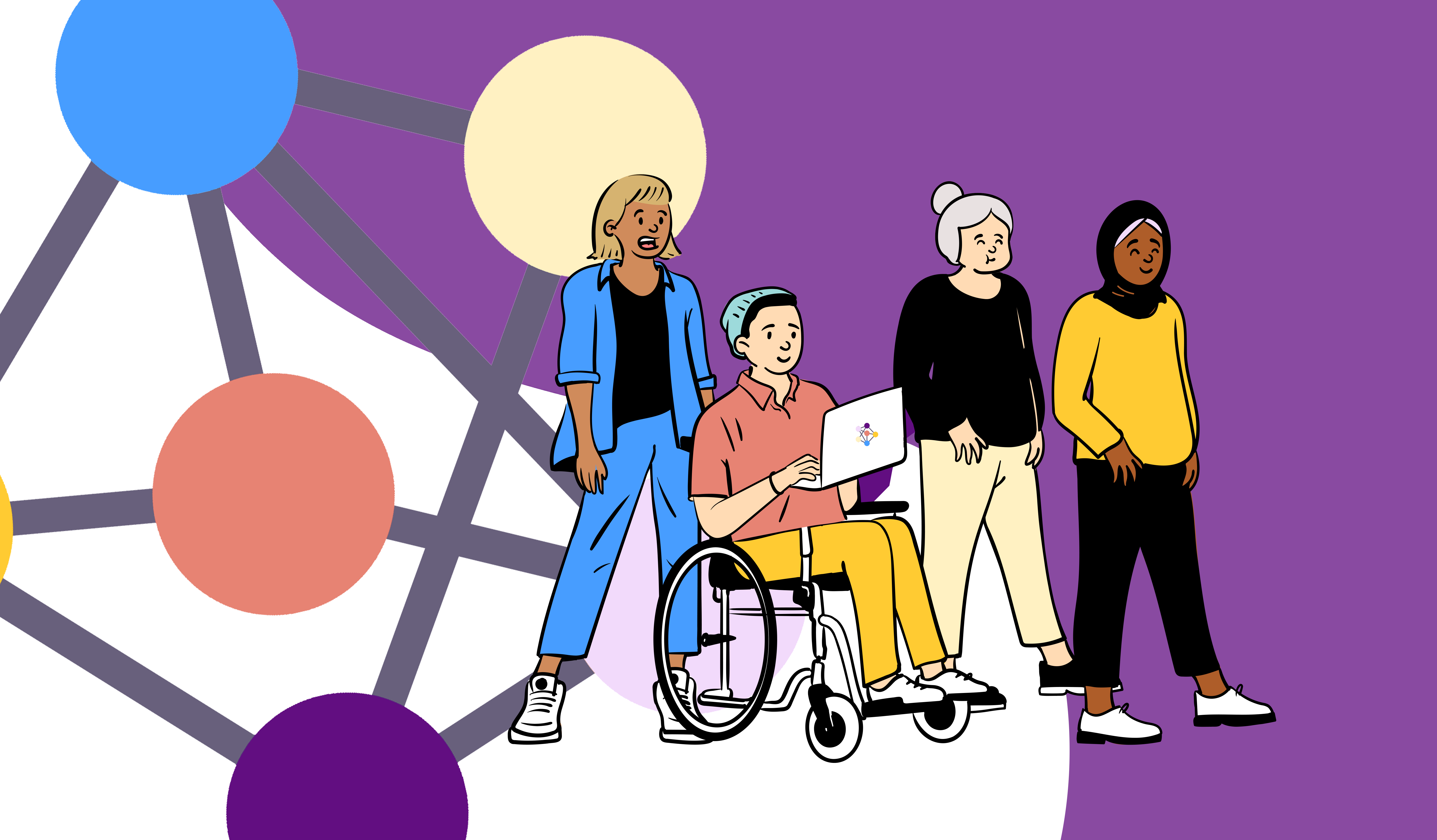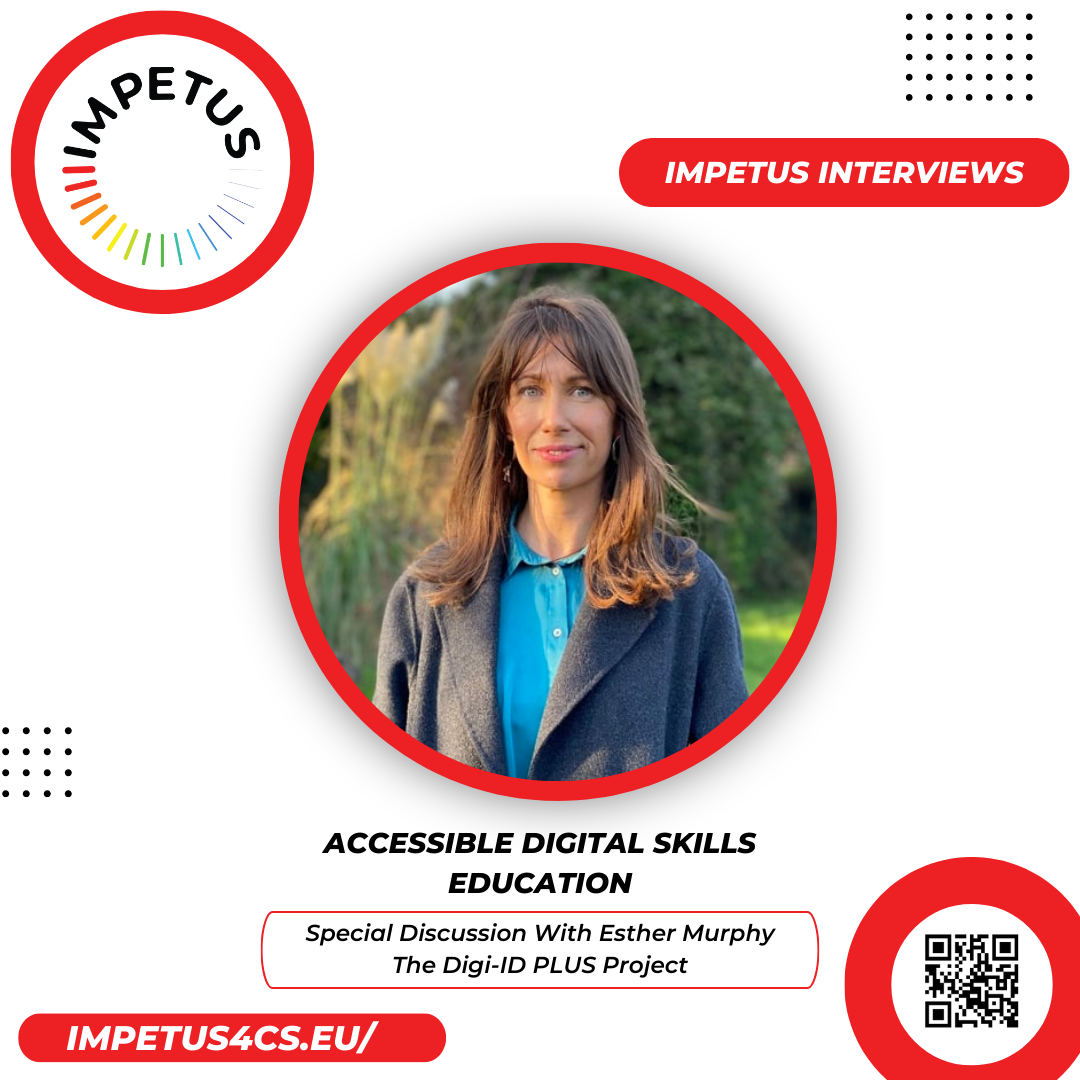We live in an increasingly digital world!
Although many of us may not like to admit this, much of our daily lives are spent at our computers, checking emails or logging into online meetings.
However for many people with intellectual difficulties, these digital literacy skills are not taught in a way that accommodates their needs, and as a result can feel isolated from many aspects of everyday life.

To help these communities develop these online skills, the Digi-ID Plus project was created. At the heart of the Digi-ID Plus project is an authentic user-centred and led design process, working alongside partners from across Europe and with their Citizen Advisory Panel (CAP), 14 individuals with Intellectual Disabilities and accessibility needs, who are paid by the project to provide insights into how to design these training resources, as well as delivering training to others.
The Digi-ID Plus project was one of the citizen science initiatives that received an honourable mention from the jury of the 2023 European Prize for Citizen Science, who applauded the project’s work to promote digital inclusion.
In this IMPETUS interview, we talk to Esther Murphy, the Principal Investigator of the Digi-ID Plus project, ADAPT Center Academic Collaborator, and with Trinity College Dublin School of Engineering.
We discuss how the Digi-ID Plus project developed its learning materials alongside the CAP, their collaborations with EU partners and big tech companies, and the importance of having these materials taught by peers within these communities.




